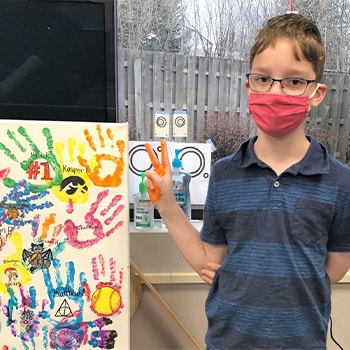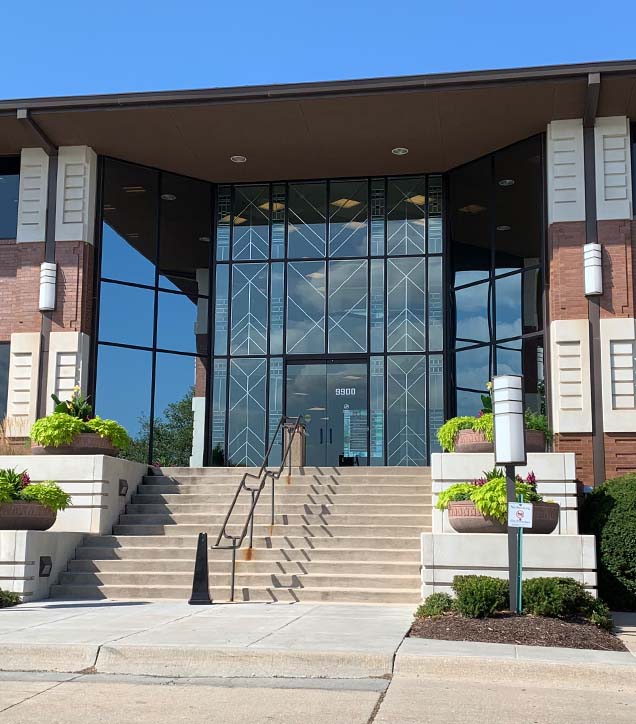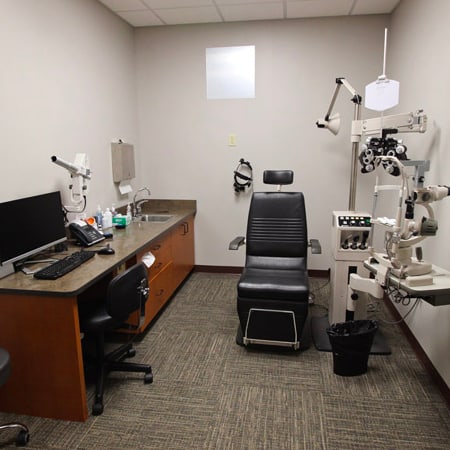What’s causing your blurry vision and headaches? You might be dealing with an eye condition or a vision problem. Double vision, crossed eyes, or convergence insufficiency can all lead to blurry vision, making your day a lot harder than it should be.
The good news is that there’s a solution available—vision therapy. This personalized treatment plan is designed to improve and strengthen your visual skills. But it does more than address the symptoms—it tackles the underlying issues for lasting results.
So, whether you’re dealing with convergence insufficiency, lazy eye, or another kind of visual disorder, vision therapy can offer a clear path toward improving your vision.
What Causes Blurry Vision?
Blurry vision can be a significant problem in your daily life. It can affect everything you do, from reading a book at night to driving to work in the morning. It’s more than just an inconvenience—it’s a barrier that can stop you from fully enjoying life.
However, many vision problems can cause blurry vision, making it hard to diagnose. Blurry vision can be a symptom of a refractive error, such as:
- Myopia, or nearsightedness, is when you see nearby objects clearly, but objects farther away are blurry.
- Hyperopia, or farsightedness, is when you see distant objects clearly, but close-up objects are blurry.
- Astigmatism causes objects at varying distances to appear blurry. Astigmatism is caused by an irregularly shaped cornea.
- Dry eye can also cause blurry vision as the front surface of the eye dries out it scatters light.
Fortunately, refractive errors are easily corrected with contact lenses, eyeglasses, and laser eye surgery. We also specialize in treating dry eye at Heartland Eye Consultants. But what if your blurry vision isn’t being caused by a refractive error? What if it’s something else?
What Vision Problems Can Cause Blurry Vision?
Many eye conditions can cause blurry vision, including:
- Convergence insufficiency occurs when your eyes don’t work together correctly, causing difficulty focusing on nearby objects.
- Amblyopia, more commonly known as lazy eye, occurs when one eye doesn’t develop vision properly, leading to blurry vision in that eye.
- Strabismus occurs when the eyes are misaligned. It’s also called “crossed eyes.”
- Binocular vision dysfunction occurs when the eyes don’t work together to create images, impacting depth perception and visual coordination.
- Diplopia, or double vision, occurs when you see 2 images instead of one, and things overlap and appear blurry.
These conditions can cause blurry vision and contribute to eye strain and headaches. In some cases, these headaches are severe and can have a massive impact on your daily life. It’s essential to seek treatment if you experience constant blurry vision and headaches—you deserve relief!
These vision problems can’t be treated with glasses alone. But vision therapy can help instead.
What Is Vision Therapy?
Vision therapy is a customized program designed by your doctor to improve visual skills by strengthening the eye and brain relationship. It involves a series of methods that retrain the brain to more efficiently and competently use the 2 eyes together.
But it isn’t just your visual skills that vision therapy aims to improve. Instead of acting like a band-aid for the symptoms, vision therapy tackles the root cause of your vision problems.
Can Vision Therapy Treat Blurry Vision?
Vision therapy can be an effective way to treat various eye issues. It can strengthen the visual skills needed to perform daily activities. But it does depend on what’s causing your blurry vision in the first place.
Vision therapy may be the right solution if your vision issues are caused by any of the conditions listed above. But if your vision problems are caused by a refractive error, eye disease, or medical condition, you’ll need to work with optometrists in our office to devise a treatment plan for those specific conditions..
An initial consultation can help determine what you need. The optometrist can assess your eyes and your visual skills to determine whether or not vision therapy is going to be an effective approach. If they think it’ll benefit you, they’ll let you know.

What to Expect from Vision Therapy
Vision therapy involves various activities designed to improve your visual skills. These might include:
- Eye tracking exercises
- Vision memory games to help improve your spatial awareness
- Hand-eye coordination tests
- Eye-teaming and alignment exercises
- Computer programs that help improve visual abilities
After your initial consultation, your doctor will custom-design a plan to help address your unique situation. You’ll receive a one-of-a-kind treatment aiming to improve your vision to improve your blurry vision and headaches.
Vision Therapy in Omaha
Blurry vision and headaches are more than just a nuisance—they can significantly impact your life. But with vision therapy, you don’t have to deal with these problems forever. At Heartland Eye Consultants, we’re dedicated to helping you improve your vision and your life.If you’re struggling with blurry vision or headaches, please contact us today!






























